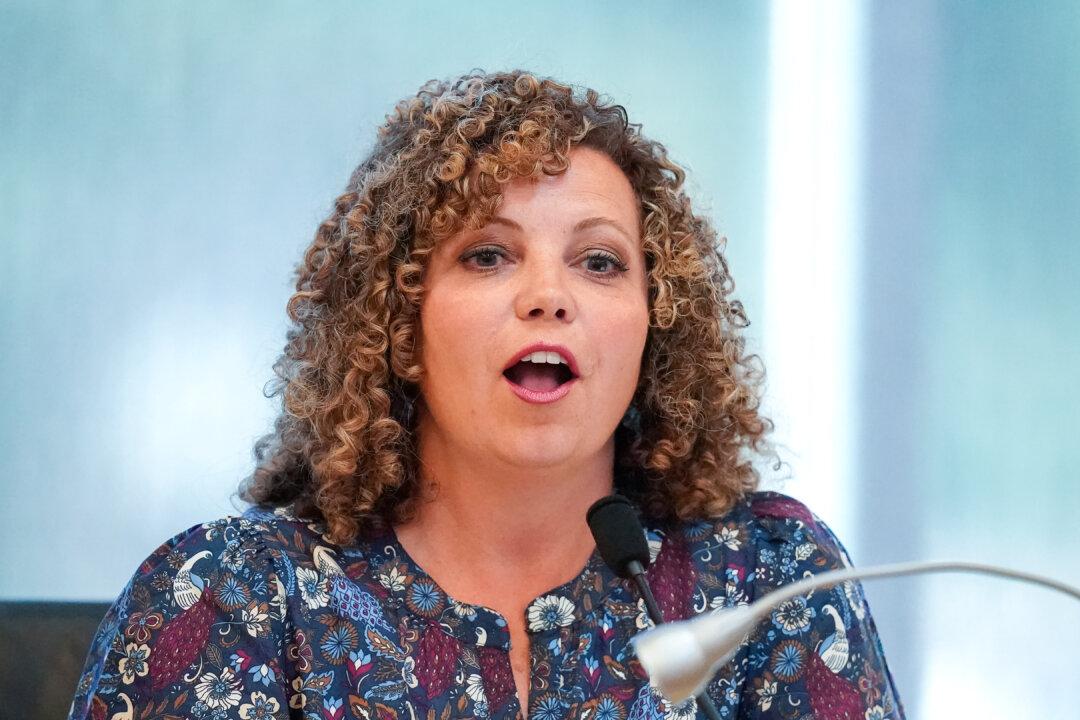Rep. Celeste Maloy (R-Utah) has a 2-percentage point lead over former U.S. Army Green Beret Colby Jenkins, with ballots from about 11 percent of precincts—as many as 8,000 votes—still uncounted early on June 27 in their too-close-to-call June 25 Utah Republican Congressional primary nail-biter.
Ms. Maloy had 47,131 votes, or 51.03 percent of the tally, compared to Mr. Jenkins’ 45,224 votes, or 48.97 percent, as of 12:10 a.m. Mountain Standard Time (MST) on June 27, more than a day after the polls closed.





